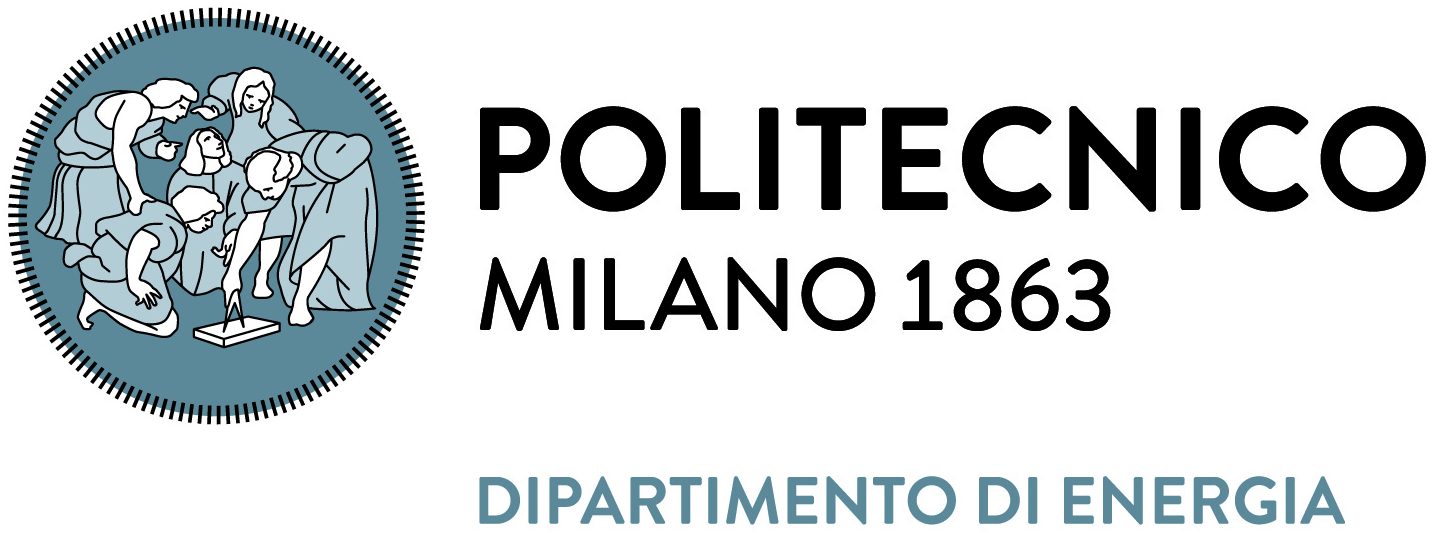PERIOD AND LOCATION
The course will be held from 18 to 20 November 2024, from 9.30 to 17.30 (CET).
It will be held in hybrid setting (both physical and virtual attendance is allowed) at the Department of Energy – Politecnico di Milano, Campus Bovisa La Masa, 20156, Milano.
COURSE PARTICIPANTS
The course is mainly dedicated to control, process, quality and maintenance engineers, asset managers, data scientists, data miners, researchers and PhD students in the areas of Reliability, Availability, Maintainability (RAM), and fault diagnostics and Prognostics and Health Management (PHM).
MISSION AND GOAL
In recent years, the volume of data and information collected by the industry has been growing exponentially, and more sophisticated and performing analytics have been developed to exploit their content.
This offers great opportunities for optimized, safe and reliable productions and products, including optimal predictive maintenance for “zero-defect” production with reduced warehouse costs, and improved system availability, with “zero unexpected shutdowns”.
To grasp these opportunities, new system analysis capabilities and data analytics skills are needed. The goal of this course is to provide participants with advanced methodological competences, analytical skills and computational tools necessary to effectively operate in the areas of reliability, availability, maintainability, diagnostics and prognostics of modern industrial equipment and systems. The course presents advanced techniques and analytics to improve safety, increase efficiency, manage equipment aging and obsolescence by setting up condition-based, predictive and prescriptive maintenance and asset management strategies.
TRAINING FORMAT
A part of the course is devoted to lectures on advanced methods for the availability, reliability and maintainability (RAM) analysis of complex systems, and Prognostics and Health Management (PHM) for condition-based and predictive maintenance. Monte Carlo Simulation, nonlinear regression and data analytics (Principal Component Analysis, Auto-Associative Kernel Regression, Artificial Neural Networks, Ensemble Systems, Deep Learning, Convolutional Neural Networks, Reservoir Computing, Particle Filtering) are illustrated. Another important part of the course consists of hands-on sessions in which the participants directly apply the methods explained in the lectures to practical case studies (MATLAB and/or PHYTON will be used).
Finally, in the last part of the course, real applications of the advanced methods illustrated in the course are presented. The applications range from Monte Carlo Simulation for system availability analysis to the use of regression and classification techniques for fault detection, to classification and prognostics for condition-based, predictive and prescriptive maintenance management.
Lectures are held in English. All participants will receive a complete set of the presentation slides with specific examples and case studies, selected reference lists and resources in electronic format.
CONTENTS
Methods:
Statistical techniques for system reliability/availability estimation (Monte Carlo Simulation);
Machine learning techniques for PHM (Principal Component Analysis, Auto-Associative Kernel Regression, Artificial Neural Networks, Deep Learning, Ensemble Systems);
Bayesian filtering for prognostics (Particle Filtering).
Exercise sessions:
Monte Carlo simulation for system reliability/availability analysis;
Auto-Associative Kernel Regression for fault detection; Artificial Neural Networks for component fault diagnostics and prognostics; Particle Filter for failure time prediction;
Applications:
Monte Carlo Simulation for system reliability/availability analysis and condition-based maintenance management; Regression and classification techniques for fault detection, classification and prognosis in industrial equipment.
CERTIFICATE OF ATTENDANCE
At the end of the course, the participants will receive a certificate of attendance, provided that they have attended at least 80% of the course lectures.

